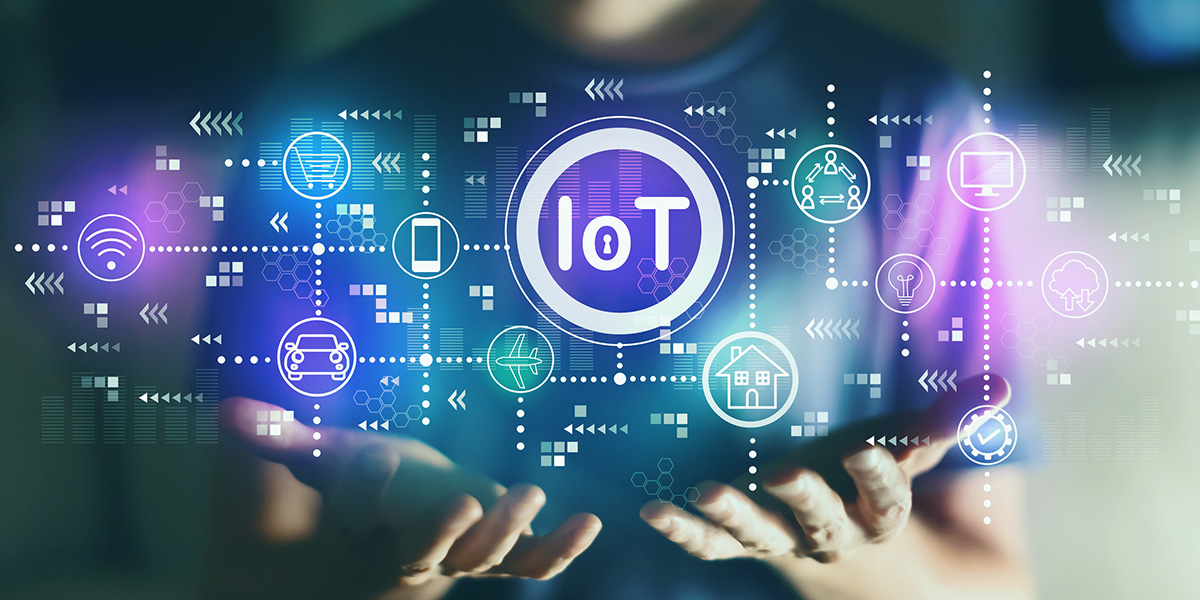The world of the Internet of Things (IoT) is evolving rapidly, and businesses are increasingly turning to outsourcing IoT product development as a strategic approach to stay competitive. By outsourcing, companies can focus on their core operations while leveraging the expertise of specialized development teams. This not only reduces costs but also accelerates time-to-market, which is crucial in today’s fast-paced technological landscape.

Why Consider Outsourcing for IoT Development?
Outsourcing IoT development allows businesses to access a wider talent pool, ensuring that they have the best minds working on their projects. It provides flexibility, allowing companies to scale their development efforts up or down based on project needs. Moreover, by outsourcing, companies can mitigate risks associated with in-house development, such as lack of expertise or resource limitations.
Cost-Effectiveness
One of the primary advantages of outsourcing IoT development is cost-effectiveness. Hiring and maintaining an in-house team can be expensive. Outsourcing allows businesses to pay for only the services they need, reducing overhead costs significantly. This is especially beneficial for startups and small to medium-sized enterprises that may not have the budget for a full-time development team.
Access to Expertise
Outsourcing provides access to a global talent pool of IoT experts. These professionals bring a wealth of knowledge and experience, ensuring that projects are completed to the highest standards. This expertise is particularly valuable in navigating the complexities of IoT, such as interoperability challenges and security concerns. For more insights on these challenges, you can read about IoT interoperability challenges.
Key Considerations for Outsourcing IoT Development
While outsourcing offers numerous benefits, it’s essential to approach it strategically. Businesses should carefully select their outsourcing partners, ensuring they have a proven track record in IoT development. It’s also crucial to establish clear communication channels and set realistic expectations from the outset.
Choosing the Right Partner
Selecting the right outsourcing partner is critical to the success of an IoT project. Businesses should look for partners with a strong portfolio, excellent communication skills, and a deep understanding of IoT technologies. It’s also important to consider the partner’s ability to scale and adapt to changing project requirements.
Communication and Collaboration
Effective communication is key to successful outsourcing. Regular updates and transparent communication channels help ensure that projects stay on track and meet business objectives. Collaboration tools and platforms can facilitate seamless interaction between in-house teams and outsourcing partners.
Challenges in Outsourcing IoT Product Development
Despite its advantages, outsourcing IoT product development comes with its challenges. These can include cultural differences, time zone mismatches, and potential security risks. By being aware of these challenges and proactively addressing them, businesses can ensure successful project outcomes.
Managing Cultural Differences
Cultural differences can impact communication and project management. It’s important for businesses to foster an inclusive environment that respects and values diverse perspectives. This can enhance collaboration and lead to more innovative solutions.
Ensuring Data Security
Data security is a top concern in IoT development. Outsourcing partners must adhere to stringent security protocols to protect sensitive information. Establishing clear data protection agreements and regularly auditing security practices can help mitigate risks.
The Future of IoT and Outsourcing
The future of IoT is bright, with endless possibilities for innovation and growth. As more businesses recognize the benefits of outsourcing IoT development, the trend is expected to continue. Companies that embrace this approach will be well-positioned to capitalize on the opportunities presented by the IoT revolution.
Embracing Technological Advancements
Technological advancements are driving the IoT industry forward. By outsourcing, businesses can stay ahead of the curve, leveraging the latest tools and technologies to create cutting-edge IoT solutions. For example, exploring IoT gateway design principles can provide valuable insights into efficient product development.
Scaling for Growth
As IoT technology becomes more integrated into everyday life, businesses must be prepared to scale their operations to meet growing demand. Outsourcing provides the flexibility to adapt to market changes, ensuring that businesses remain competitive in a dynamic landscape.
Conclusion
In conclusion, outsourcing IoT product development is a strategic move for businesses looking to innovate and grow. By partnering with experienced professionals, companies can overcome challenges, reduce costs, and accelerate time-to-market. As the IoT industry continues to evolve, outsourcing will play a pivotal role in driving success.

FAQs
What are the benefits of outsourcing IoT development?
Outsourcing IoT development offers cost savings, access to expertise, and flexibility. It allows businesses to focus on core operations while leveraging specialized skills.
How do I choose the right outsourcing partner for IoT development?
Look for a partner with a strong portfolio, excellent communication skills, and a deep understanding of IoT technologies. Consider their ability to scale and adapt to changing project requirements.
What are the challenges of outsourcing IoT product development?
Challenges include cultural differences, time zone mismatches, and potential security risks. Addressing these proactively can lead to successful project outcomes.
For more information on the IoT product development lifecycle, you can visit this resource.


